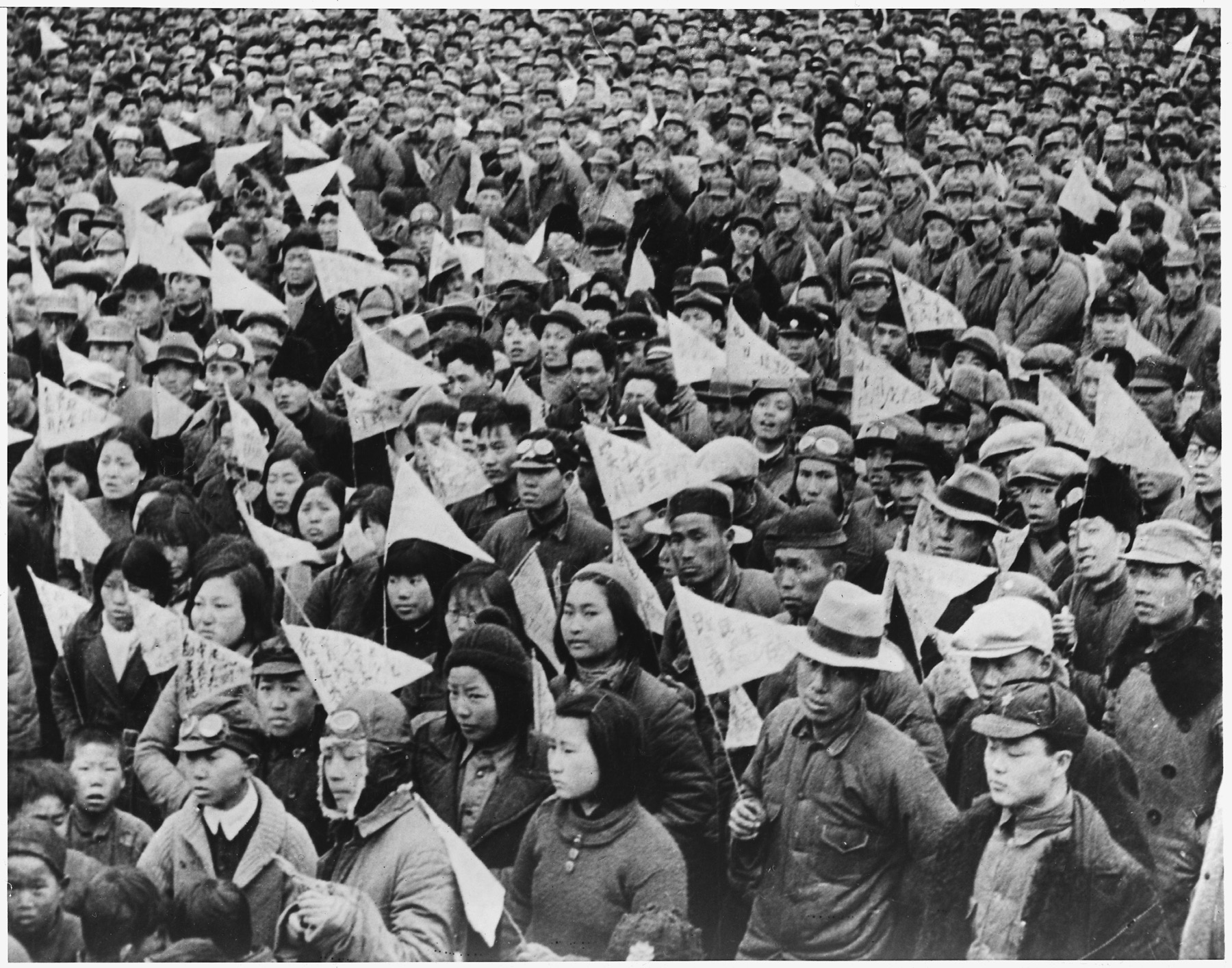Kuora: China’s New Culture Movement and the intellectual framework for the CCP

This week’s column comes from one of Kaiser’s recent answers originally posted to Quora on November 26, 2018.
How was Chinese Communism connected to the New Culture Movement?
Chinese communism was directly connected to the New Culture Movement mainly because some of the prominent intellectuals of the New Culture Movement — chiefly Chen Duxiu 陈独秀 and Li Dazhao 李大钊 — were co-founders of the Chinese Communist Party in 1921.
Li Dazhao had been appointed by the illustrious Peking University Chancellor Cai Yuanpei to be the university’s librarian. He was a frequent contributor to the flagship magazine of the movement, New Youth (新青年 xīn qīngnián), and was, right up until the founding of the Party, still not particularly strident.
More important still was Chen Duxiu, who was actually the founder of that magazine (originally called Youth, or 青年qīngnián) and was a big proponent of liberalism and its great May Fourth era ideals of science and democracy. Like Li Dazhao, he was brought to Peking University by Cai Yuanpei and took his magazine with him. As editor of New Youth, he commissioned a whole issue about Marxism, with Li Dazho editing the thing. There’s no question that this decision was one of the most important factors that led to Marxism’s popularity among Chinese intellectuals at the time.
It’s worth talking about why Marxism and Leninism would have been appealing to China’s intelligentsia, or at least to many of them, at this particular historical juncture. We’re talking about a generation that had grown up quite enamored with Western liberalism in many ways. They imbibed the ideals of the European Enlightenment all throughout the first couple of decades of the 20th century. But their disillusion with it was sudden and was felt at a deeply personal level. Not only had the science and democracy that they had advocated appear to commit mass suicide on the battlefields of Flanders and France in the mechanized horror of the Great War, but the treaty that settled the war, Versailles, represented a complete betrayal of China, which had thrown in on the Allied side in hopes of recovering territory in Shandong that had belonged to Germany. Instead of returning it, at Versailles it was revealed that secret treaties had promised that territory to Japan.
Patriotic Chinese who had rejected the old imperial Confucianism and the traditional worldview that it propped up weren’t about to go back to upholding China’s “spiritual civilization,” as some were advocating (most notably Rabindranath Tagore, the Bengali poet, who urged a repudiation of the West’s materialist civilization and an embrace of the East’s traditions). But they wanted some intellectual framework that would help them understand why China had been so ill-used by imperialist powers, and that would hold out the promise for a more just future. If it were cosmopolitan and universalist, all the better; if it cloaked itself in science, better still; and if it were of the West, and yet explained the West’s predations and the inherent contradictions that would bring down the West, that would be best of all.
Marxism-Leninism did that for the Chinese intellectuals. It explained how in the “highest stage of capitalism,” colonialism would be inevitable. It explained China’s backwardness in a grand theory of history that marched with a teleological inevitability toward (as some historians would argue) a utopian vision that, as it happened, resonated with some of the lingering Confucian ideals of a datong (大同 dàtóng) that were still present in the Chinese mind. Something of the West — a notionally scientific theory that could explain why China had suffered because of the West, which in turn promised comeuppance to that wicked West — proved irresistible to Chen and Li, and to the young Hunanese kid who worked for Li in the Peking University library, Mao Zedong.
Kuora: Mao Zedong and the archetype of the ruthless Chinese uniter
Kuora is a weekly column.






